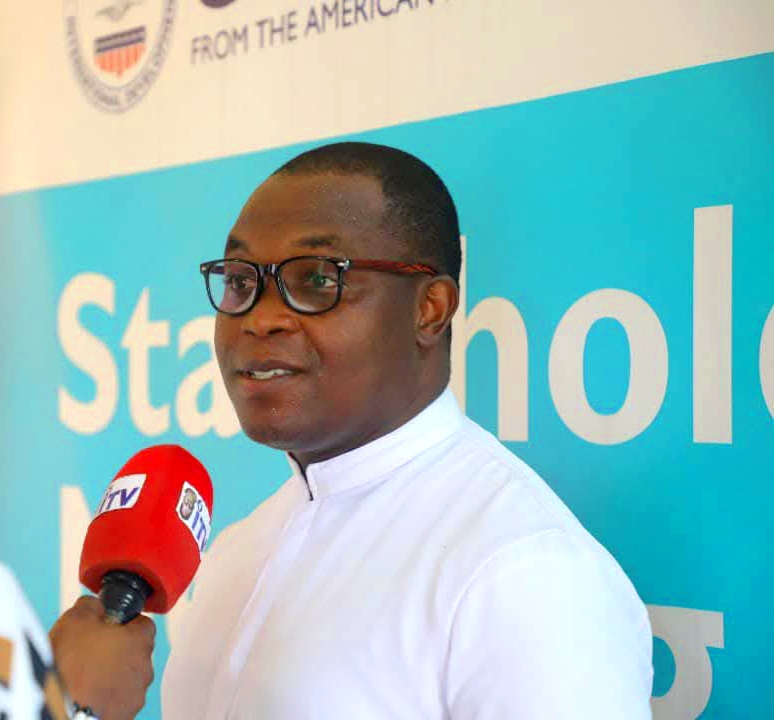
As Nigeria marked another anniversary of her independence, the green and white flags flew high, the drums of celebration rolled, and speeches echoed promises of a brighter future. Yet, amid the festivities, the common man the market woman struggling with soaring prices, the graduate roaming the streets without work, the farmer afraid to go to his fields because of insecurity remains burdened by a reality far removed from the ideals of independence.
Independence in 1960 was not just the lowering of the Union Jack and the raising of the green-white-green; it was the birth of a dream a dream of a free, prosperous, and united Nigeria where every citizen could live with dignity and hope. For the common man, it meant the promise of a government that would serve, protect, and uplift. Sixty-five years later, that promise often feels like a distant echo.
Today’s Nigeria is a paradox: rich in natural and human resources yet marked by poverty and inequality; blessed with vibrant young minds yet plagued by mass unemployment and brain drain; rich in culture yet divided by politics of ethnicity and religion. The common man bears the weight of policies made in plush offices far removed from the dusty streets and rural farms where daily survival is the only agenda.
The tale of the common man is one of resilience of waking up each day to face inflation, erratic power supply, insecurity, and failing public institutions. Independence has not yet translated into freedom from hunger, fear, or corruption.
While political elites move from one election cycle to another, often recycling themselves in power, the common man wonders: Where is the dividend of democracy promised so many times over?
Reflecting on our journey since 1960, one can see that political independence without economic justice and social transformation is incomplete. True independence should empower citizens to pursue their dreams without being trapped by poverty, fear, or systemic exclusion. It should be measured not by the grandeur of government buildings but by the dignity with which ordinary people live.
Yet, in the midst of this sobering reality lies hope. Across the nation, we see ordinary Nigerians innovators, community leaders, faith actors, young entrepreneurs defying the odds, creating jobs, offering solutions, and demanding accountability. They remind us that while leadership failure has brought despair, citizen action remains the most powerful tool for transformation.
As we reflect on this year’s independence, we must confront the uncomfortable truth: Nigeria cannot rise without lifting the common man. Policies must move from rhetoric to action prioritizing quality education, healthcare, security, and job creation. The common man’s struggles must shape the national agenda. Political leaders must remember that independence was won for the people, not for a privileged few.
The tale of the common man is, in truth, the tale of Nigeria itself. His liberation from poverty, fear, and exclusion is the true measure of our independence. Until that day comes, our celebrations will be incomplete, and our flags will fly over a promise yet to be fulfilled.
On this occasion of our independence, may we find the courage as leaders, citizens, and communities to rewrite this tale so that the common man, at last, can stand tall in a truly independent Nigeria.
Fr. Benedict ONWUGBENU is the Executive Director,
Justice Development and Peace Centre, Benin, Edo State, Nigeria
